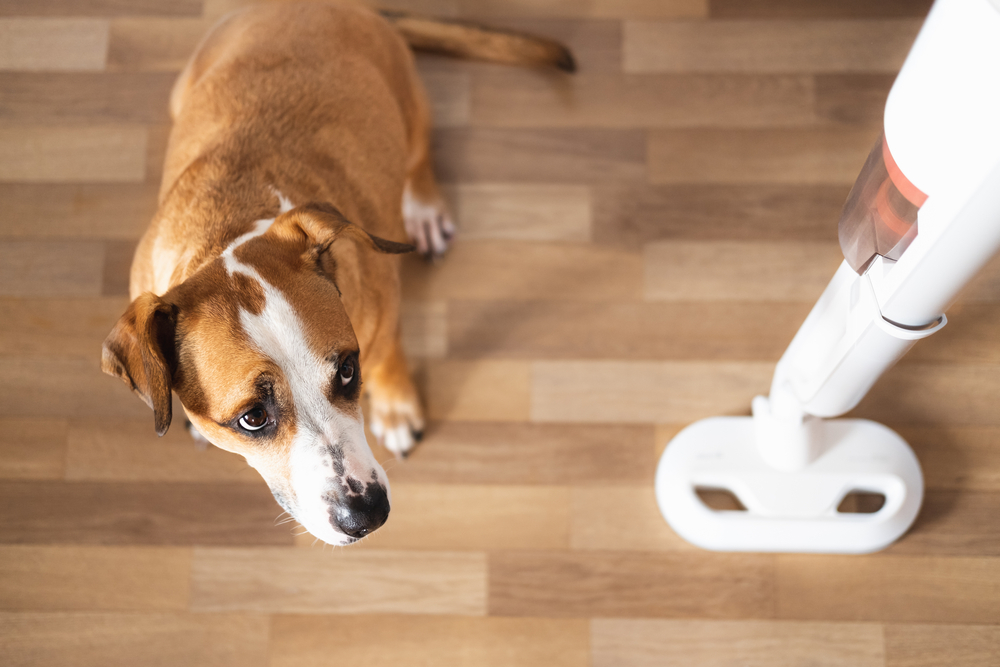Stepped on your dog’s paw? Here’s how to apologize the right way—according to science.
Others are reading now
One wrong step, a sharp yelp, and suddenly, you’re overwhelmed with guilt.
Every dog owner knows the awful feeling of accidentally stepping on their furry friend’s paw. But can dogs actually understand an apology?
Science says yes — and there’s a right way to do it.
Speak Their Language
According to a study published in Animal Cognition, dogs respond best to a soft, high-pitched voice—often referred to as dog-directed speech (DDS).
Also read
Researchers found that pups who were spoken to in a gentle, affectionate tone were more attentive and calmed down faster after a distressing moment.
So, when you step on your dog’s paw, resist the urge to panic. Instead, try talking to them in a soothing, baby-talk tone—“Oh no, I’m so sorry, buddy!”—to let them know you mean no harm.
Studies from the Royal Society suggest that dogs may actually be able to read human intentions. They use a mix of visual and auditory signals to interpret our emotions, meaning they can likely sense when a painful moment was just an accident.
This means that if you stay calm, offer reassurance, and avoid overreacting, your dog is more likely to forgive and forget quickly.
Love, Touch, and Treats
Many dog owners swear by their own “apology rituals,” often involving:
-
A soft, reassuring voice
-
Gentle petting or belly rubs
-
A favorite treat as a peace offering
These small gestures help rebuild trust instantly and show your dog that you care.
If your dog limps, refuses to put weight on their paw, or yelps when touched after the accident, a vet visit may be necessary. While emotional trust is easy to fix, an untreated injury could lead to long-term pain.
So, next time you accidentally step on your pup’s paw, don’t stress—apologize with love, and they’ll be back to wagging their tail in no time.


